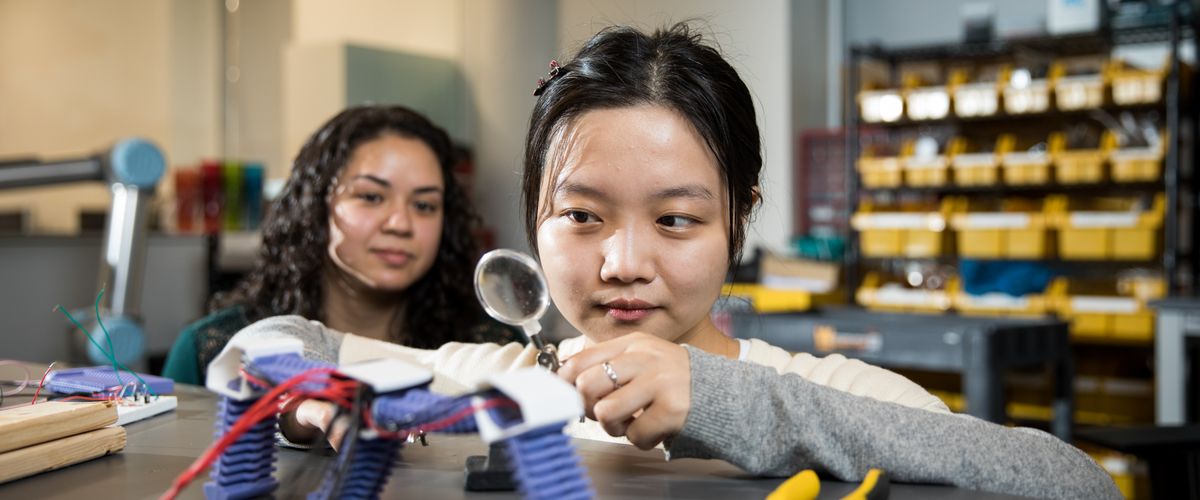News

Professor Wenchao Li Earns NSF CAREER Award
Professor Li’s project aims to overcome fundamental challenges in Imitation Learning for AI systems. More
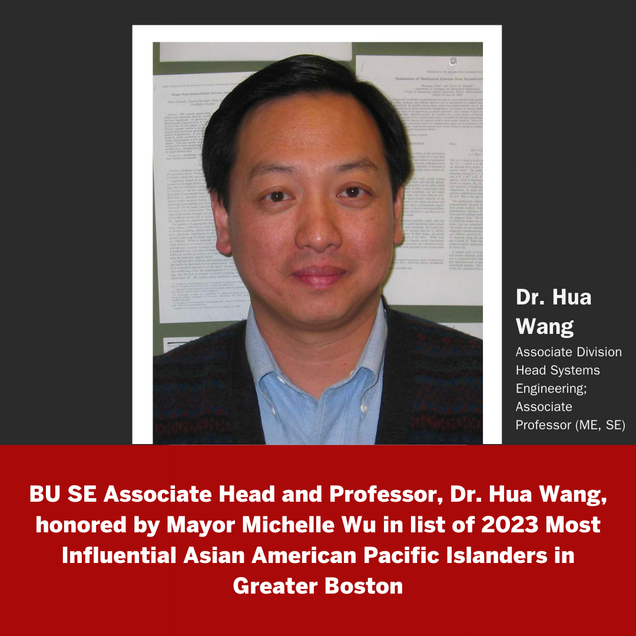
Dr. Hua Wang honored as one of the Most Influential Asian American Pacific Islanders
Boston University’s Dr. Hua Wang (ME,SE) has been recognized as one of the Most Influential Asian American Pacific Islanders of 2023, honored by Mayor Michelle... More

Jonas Hall: Implementing an Optimization Solver Anyone Can Use
By Chloe Cramutola He started as a mathematician, but his engineering interests took him beyond basic numbers. “For the longest time, I was [mostly] interested in pure... More

Roberto Tron: Redefining Health Care for Aging America
With adults age 65 and older forming the United States’ fastest-growing population segment, more Americans are bound to experience severe and complex health conditions. To... More
Smart Technology: Open Source and Equitable
Between 2012 and 2017, the number of car accidents in Boston rose by 33%. Depending on the year, 25% to 31% of all reported accidents in Boston resulted in non-fatal injuries. Christos Cassandras, a distinguished professor of engineering and head of the division of systems engineering, is working to mitigate this issue through smart technology. By implementing cooperative autonomous vehicles, which can communicate with each other, he aims to improve safety, congestion, and energy consumption. More
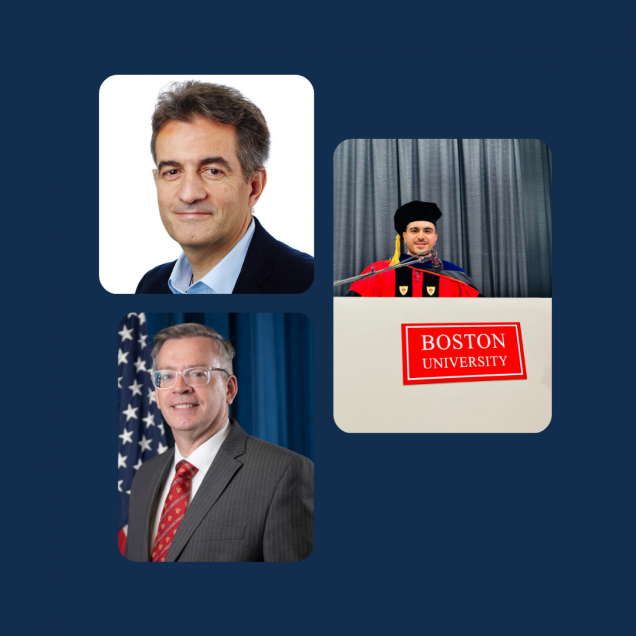
SE Professor & Alumni Earn Awards & Appointments
The Division of Systems Engineering (SE) is proud to announce that three SE affiliates, current and former, have recently received notable awards and appointments. Their... More
Delivery Drones and Rotor-Powered Rideshares Sound Great—and Noisy
Combining expertise in mechanical engineering, fluid mechanics, and urban hydrology, BU researchers with NASA funding will lead a multimillion-dollar, multi-institution project to help develop quieter vertical lift air vehicles More
Learning From Animal Behaviors to Inform Control Systems
Research by Distinguished Professor of Engineering John Bailleul questions how animals operate and how you might use animal behaviors to design control systems. More

Extraordinary Control: Professor Paschalidis Elected IFAC Fellow
Recognition of his work on control of network systems, optimization and robust learning. More
Sabelhaus Research: Advancing the Safety of Soft Robots for Human Interactions
The emergence of soft robots will enable safe human interactions which will allow robots to assist in the industrial, medical, automotive and space industries. College of Engineering Professor Andrew Sabelhaus (ME, SE), has been working on making soft robots safer to improve these human interaction tasks, in areas such as medicine, as well as explore difficult or dangerous locations. His work will help improve the design of many other soft robots. More
Could a Computer Diagnose Alzheimer’s Disease and Dementia?
Researchers at Boston University have developed a new tool that could automate the process and, eventually, allow it to move online. Their machine learning–powered computational model can detect cognitive impairment from audio recordings of neuropsychological tests—no in-person appointment needed. More

Pregnancy Models Give Birth To New Health Insights
Having a baby is a life-changing decision that often requires a great deal of time and energy to ensure a positive outcome. But the cost... More
Cross-disciplinary research teams win Kilachand funding
Five Studies Pushing the Limits of Science: This year’s Kilachand fund awards will support pioneering research across engineering and life sciences More
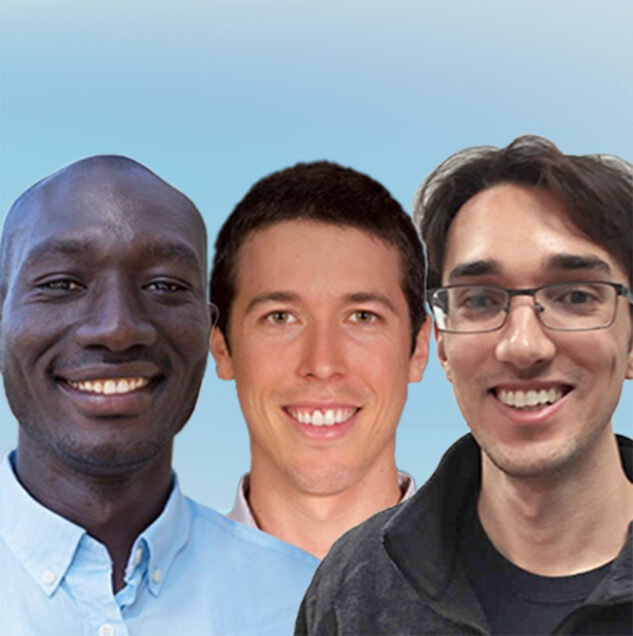
Three Awarded Career Development Professorships
Three assistant professors have earned professorships that recognize future leaders in their fields, Boston University Provost Jean Morrison has announced. Abdoulaye Ndao was named the... More
Balancing electricity demands and costs of high-performance computing
Hariri asked Coskun and Daniel Wilson about HPC and sustainable computing programs. More
5 Projects That Push the Limits of Physics, Fabrication Techniques, Algorithm Design
Two engineering professors among the NSF CAREER award recipients: William Boley and Francesco Orabona. Each will receive funding to advance their areas of research for the next five years. More
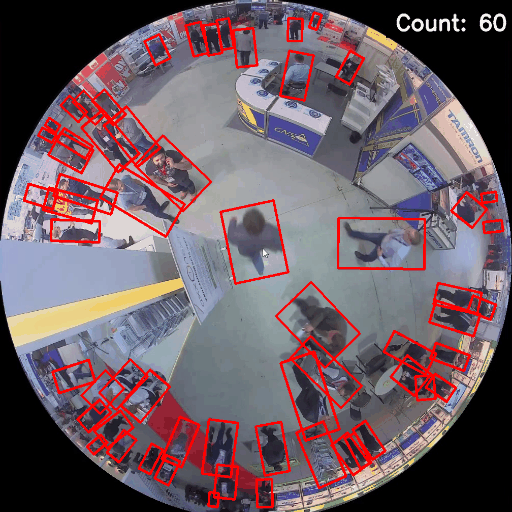
How to Create Safe, Energy-Efficient Buildings in a Post-Covid World
BU Innovators Address New Requirements of Commercial Real Estate by Maya Bhat & Maureen Stanton, CISE Staff Smart building technology has been a growing trend in the... More
Congratulations to the CISE Best Student Paper Award Winners
The Center for Information of Systems and Engineering is delighted to announce the winners of the 2021 CISE Best Student Paper Award. The CISE Best... More
One Small Step For A Mouse: Using Information Science to Understand the Brain
How does learning a new skill or process change the physical structure of the brain? Using techniques from data science and high-dimensional statistics, Professors Bobak Nazer (ECE), Venkatesh Saligrama (ECE, SE), and Xue Han (BME), aim to find out. Their project, titled “Discovering Changes in Networks: Fundamental Limits, Efficient Algorithms, and Large-Scale Neuroscience,” has won the support of a $1.2M National Science Foundation (NSF) Award. More
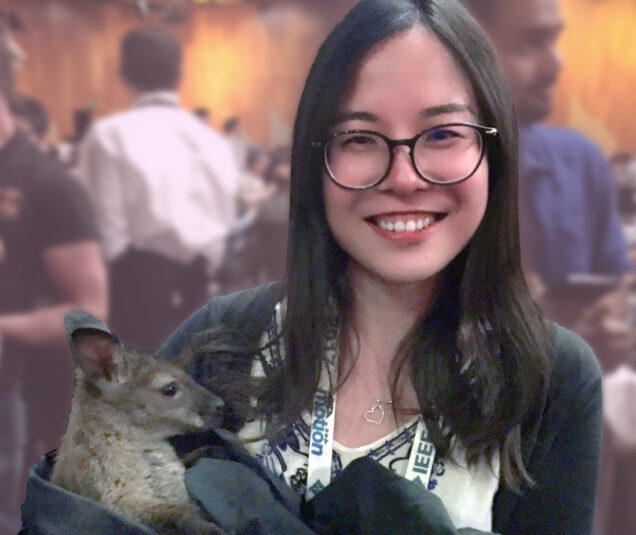
‘Happy and Proud,’ Declares Dissertation Award Recipient
Alumnus Update: 2020 SE Dissertation Award Winner Ruidi Chen By Emily Sorkin As an applied scientist at Microsoft, alumnus Ruidi Chen (SE PhD ’19) has already established herself as... More
Machine, Meet Stem Cells
By Sarah Williams for Gladstone Institutes Model organs grown from patients’ own cells may one day revolutionize how diseases are treated. A person’s cells, coaxed into... More

Spring 2021 CISE-ENG Seed Awards Winners
By Margo Stanton Four Spring 2021 Seed Grants were awarded by the Boston University Center for Information & Systems Engineering (CISE) and the College of Engineering’s (ENG)... More
How Fitbits, Other Bluetooth Devices Make Us Vulnerable to Tracking
BU researchers found that a third-party algorithm can track the location of some Bluetooth devices By Sarah Wells (COM '18) for BU Today In 2018, nearly 3.7... More
PhD Candidate Wins Best Paper Award at IEEE CDC
SE PhD candidate Wei Xiao is the first author on a paper titled “Feasibility-Guided Learning for Constrained Optimal Control Problems.” The piece was published in Proceedings of 59th IEEE Conference on Decision and Control and earned the Outstanding Student Paper Award. More
COVID-19 Risk Assessment to Address Inequity
This article was written by Eliza Shaw (CISE), videos produced by SE. Informing Policy, Resource Allocation and Workplace Adjustment Policies https://youtu.be/rC0HC-YhFbA Video Part 1: Researching the risk of COVID-19 relates... More
$3 Million for Transformational Energy Technology
"NewRAMP will develop innovative approaches that quantify the risk of individual Electric-Power-Grid-interconnected assets based on their performance and ability to deliver market cleared capacity and energy,” explains Prof. Caramanis. “By synthesizing ideas and theories from finance and insurance, operations research, power system engineering and electricity market design, NewRAMP will offer ground-breaking methodologies constituting a risk-driven paradigm to achieve higher adoption of stochastic resources and a more efficient and reliable system operation. As such, it will contribute to reducing imported energy, reducing energy-related emissions, and improving energy efficiency.” More
Five ECE Faculty are 2020 Spring Research Incubation Awardees
The Hariri Institute for Computing announced their 2020 Spring Research Incubation Awards to faculty who have the potential to define new areas of research; five ECE faculty members are authors or co-authors of these incubation projects. More
Advancing Smart Cities with the Internet of Cars
Inadequate systems to manage the traffic at road intersections are at the root of most car accidents and traffic jams. Autonomous vehicles are being developed to address these traffic management issues. Cassandras' team is revamping their proposed solution by extending earlier research on optimally controlling autonomous cars crossing an urban intersection. More
Assistive Technologies
Teaching robots to cook. More
Moths Teach Drones to Fly
Research is first to apply animal data to autonomous vehicle navigation More

Aerial Drones Get Schooled in Navigation by Moths
BU researchers observed how moths navigate forests to improve control programs for autonomous aerial drones By Kerry Benson Originally featured on The Brink A rather unusual situation recently... More
Robot Reinforcement
A team of researchers led by Professor Calin Belta has developed a new machine-learning framework to teaching a robot, or a team of robots, a high-risk, complex task—a framework that could be applied to a host of tasks. More
Security and Privacy Experts Uncover Hidden Threats You Need to Know About
BU Today, Molly O'Brien Gluck Approximately 70 percent of Americans use social media to connect with one another, engage with news content, and share information. Most users access social... More
NEXTCAR Self-driving Car in Action Advances the Future Internet of Cars
By Maureen Stanton and Eliza Shaw for CISE First On-Road Demonstration of BU-developed Algorithms Traffic congestion around the world is worsening, according to transport data firm INRIX. More
BU-Harvard Team Wins $1.2M NSF Grant to Improve Women’s Reproductive Health using AI and Machine Learning
Researchers to advance distributed analytics to enhance fertility in families More
Multiplication by Divisions
Fuel cell use could be one of the best ways to mitigate climate change—fuel cells work like batteries, provide efficient power and don’t emit air pollutants. But there are multiple barriers in research and development before they will be available to a commercial market. Professor Soumendra Basu (ME, MSE) has been working on fuel cells, but, along with everyone else, was stymied by one of those barriers: the material used on the cell’s cathode was unstable and subject to decomposition. For help, he reached out to Professor Karl Ludwig in the Physics Department. More
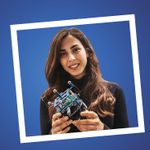
Smart Vehicles
Advancing smart drones and cars. More
Know what’s good for your health? Artificial intelligence
A generation ago, the internet changed everything. Today, data science is proving just as revolutionary. Fueled by the abundance of personal information on the internet—yours, ours, everyone’s—data science is making business smarter, healthcare more efficient, technology easier, and sports more fun to watch (and play). More

What If We Could Stop Lung Cancer Before It Starts?
BU and Johnson & Johnson Innovation alliance discovers why an immune system boost could prevent lung cancer By Sara Rimer in BU Today Genomic differences related to... More
How to Make Self-Driving Vehicles Smarter, Bolder
Autonomous vehicles that can maneuver themselves around any city are already out on our public roads, says Yannis Paschalidis, but operating off-road remains a challenge. Paschalidis is testing a new self-driving vehicle with the goal of correcting that problem. These vehicles can operate on and off-road. “We are interested in developing fundamental principles that can be applied to autonomous vehicles capable of navigating themselves on the ground, underwater, and in the air,” he says. More

BU-led Research Team Wins Competitive $7.5 million MURI Grant to Create Neuro-Autonomous Robots
Dream Team of Engineers, Computer Scientists, and Neuroscientists from BU, MIT, and Australia to develop neuro-inspired capabilities for Land, Sea, and Air-based Autonomous Robots More
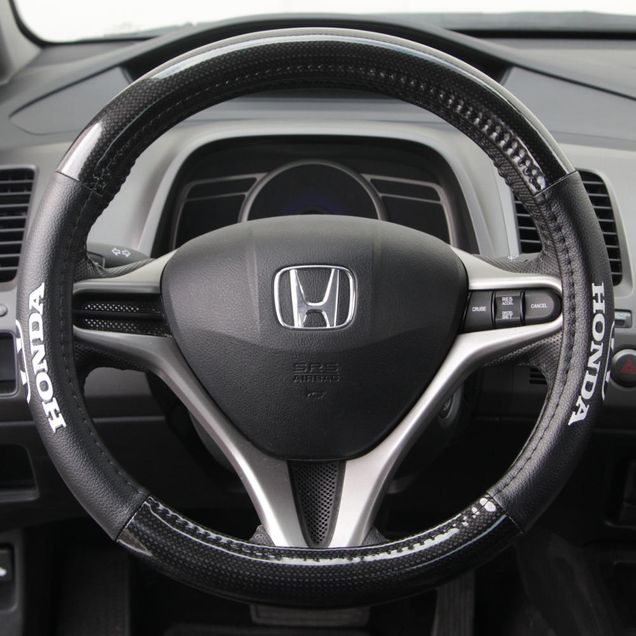
Highway US-33 – Honda and Cassandras Team Up
Self-driving smart cars used to be something that was seen in the movies; an idea that was too far away to even consider a possible... More
What If You Could Manage Information Overload?
Groundbreaking collaboration among BU schools and researchers leads to $1 million NSF grant to address media overload More
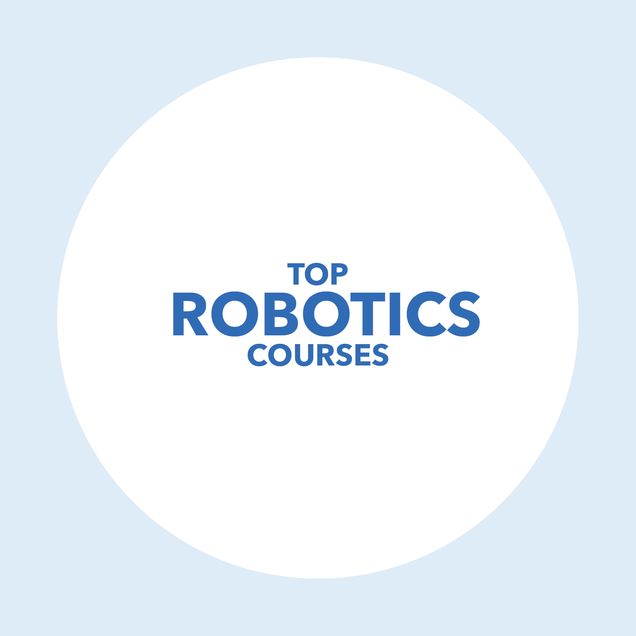
ENG Robotics Programs Listed Among Nation’s Best
Boston University makes the short list of top Robotics Universities, according to Analytics Insight. The Robotics Lab at Boston University’s college of engineering offers three distinct research topics to impart the knowledge of how to program and create robotic automation among its students. Boston University Robotics Lab is a self-contained research facility situated in the Engineering Product Innovation Center (EPIC) on Boston University’s Charles River campus. More
Using Big Data, Machine Learning to Reduce Chronic Disease Spending
“There is a lot of information about every one of us, in EHRs, in smart phones, in smart watches, and in other tracking devices,” Iaonnis Paschalidis, Director of the Center for Information and Systems Engineering and Systems Engineering Professor, told HealthITAnalytics.com. “We can now analyze what happens to patients in real time and characterize the status and health condition of each individual.” More
US News Lists BU among Most Innovative Universities
BU was named one of the most innovative national universities for the first time in the 2019 US News & World Report Best Colleges rankings, out today. “I think there’s a general understanding that the world of higher education is changing rapidly,” says Gerald Fine (MSE, ME). “The leadership of the University has created an environment where experimentation in better ways to educate students is encouraged.” More
Researchers Win $900k NSF Grant to Predict Heart Disease, Diabetes Using Machine Learning
By Maureen Stanton, CISE Researchers from the College of Engineering and Boston Medical Center (BMC) will use a three-year, $900,000 grant from the National Science Foundation... More
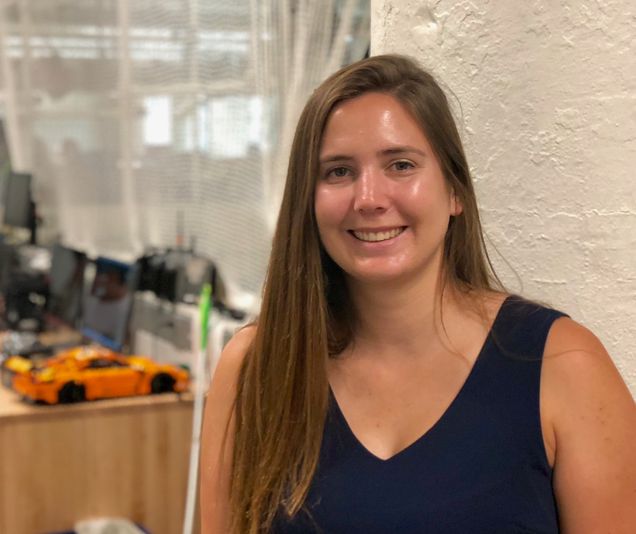
Rebecca Khurshid Joins Systems Engineering to Advance the Relationship Between Humans and Robots
Khurshid heads the BU CAIR Laboratory and opens doors to SE graduate students this fall. Systems engineers further CAIR productivity by offering a strong mathematical background to model the complexities of systems consisting of human beings and robots. These models can then be used to generate desired behaviors in a robotic partner. More

BU and Johnson & Johnson Innovation Team Up to Fight Lung Cancer
As a model for industry and academia collaborating to improve human health, BU has launched a five-year translational research alliance with Johnson & Johnson Innovation LLC (JJI) aimed at preventing, intercepting, and curing lung cancer, the leading cause of cancer deaths worldwide. Spiral (SE) will lead the effort. More
Cassandras, Paschalidis Lend Smart Cities Knowledge to Special Issue of Proceedings of the IEEE
Professor Christos Cassandras (ECE, SE) was invited to be one of three guest editors on the April 2018 issue of the Proceedings of the IEEE on smart cities; he also co-authored one of the papers along with Professor Ioannis Paschalidis (ECE, BME, SE), who co-authored two. More
